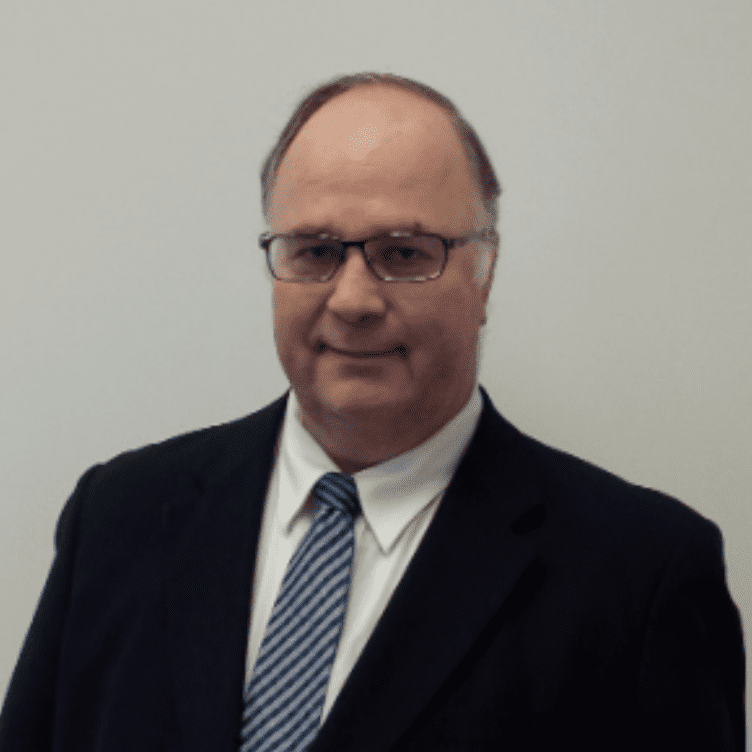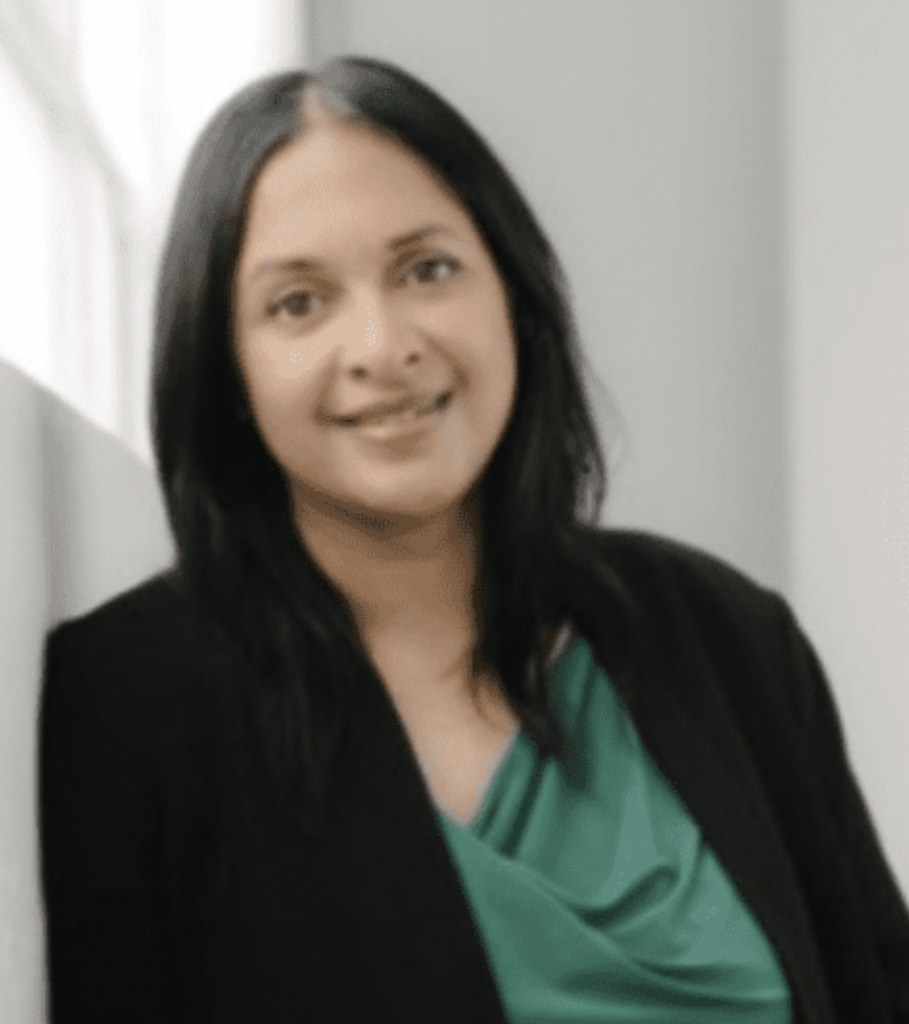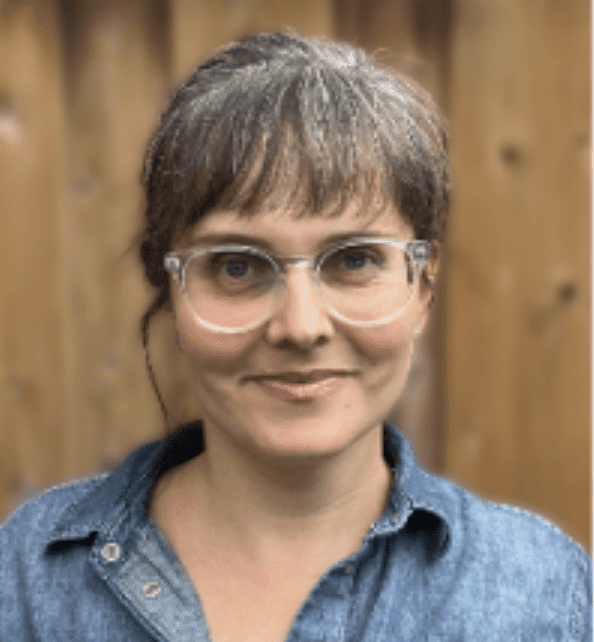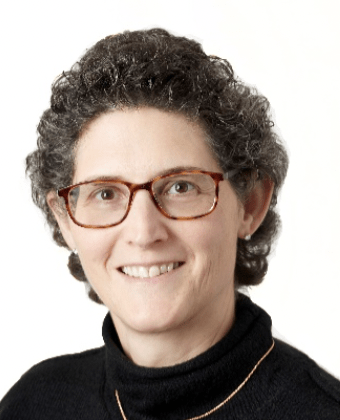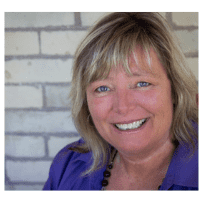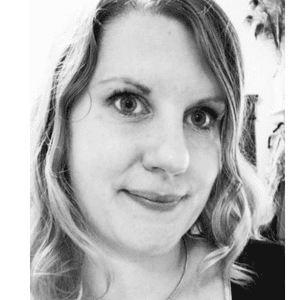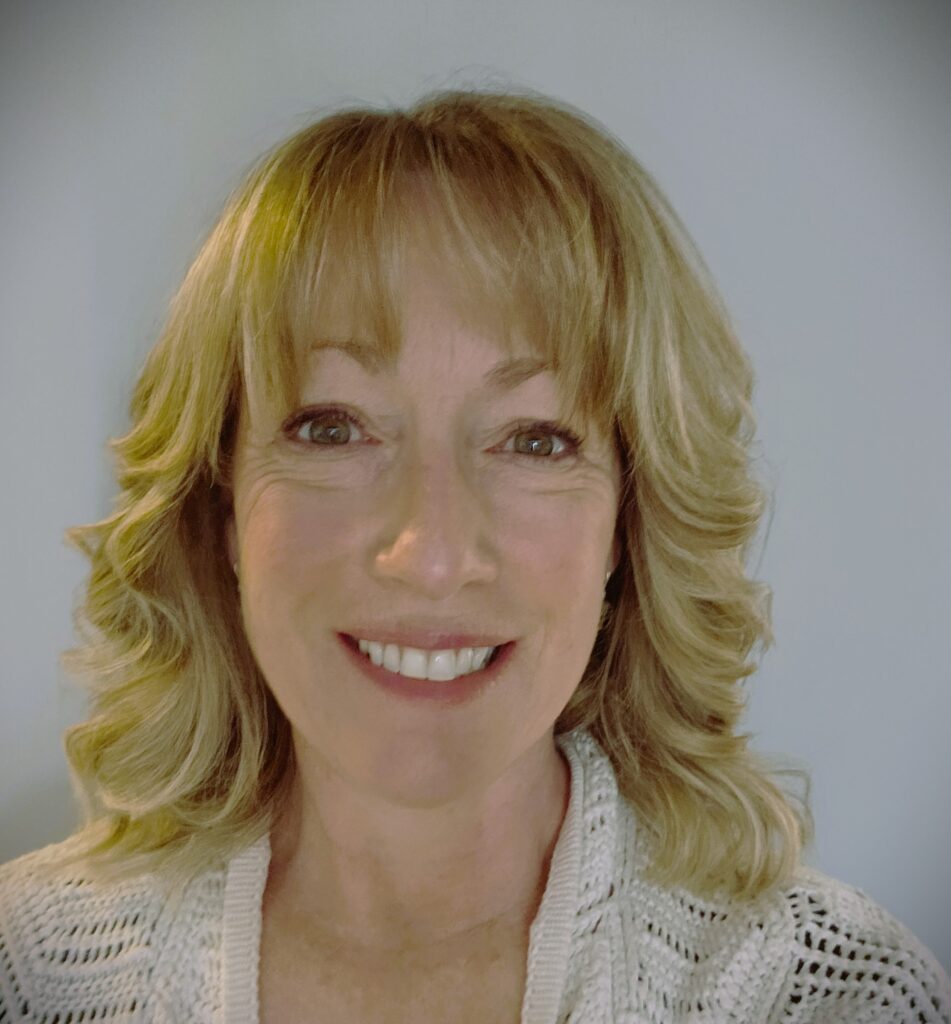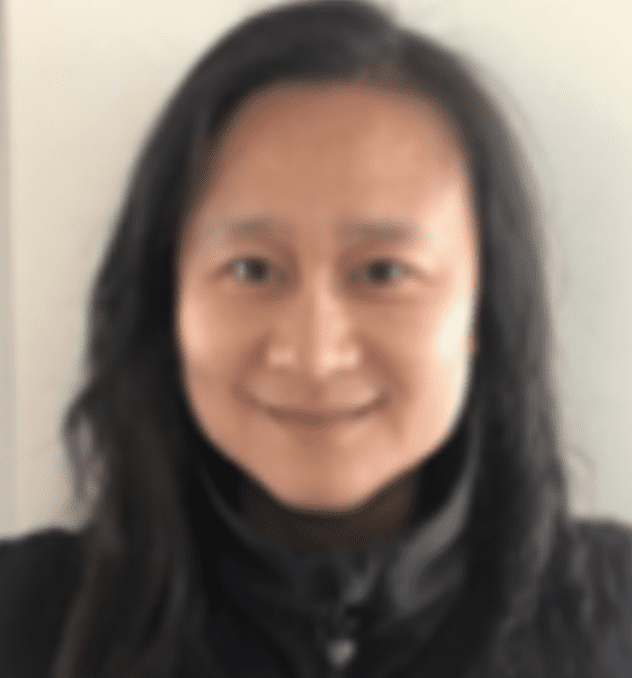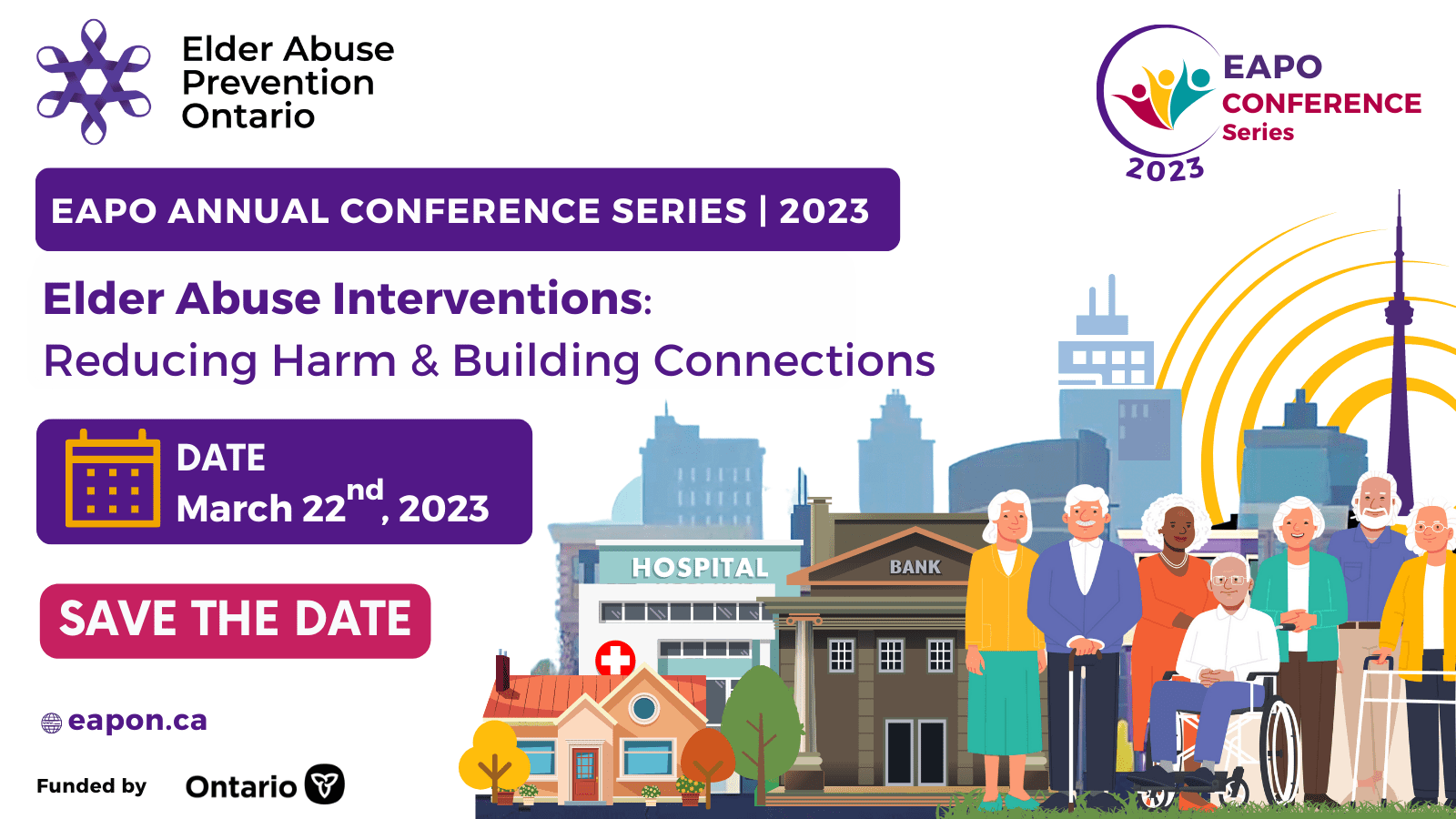
Annual Virtual Conference Series | 2023
Elder Abuse Interventions: Reducing Harm & Building Connections
Wednesday, March 22nd 2023
9:00 AM – 4:30 PM
This year, EAPO is excited to be hosting our Next FREE virtual conference series on Elder Abuse Prevention dedicated to bringing together experts, practitioners, community partners, researchers, and older adults, to share knowledge and practical tools for reducing harm, building connections, developing partnerships, and hosting dialogues aimed at growing our capacity for community-based responses to elder abuse.
Details on the Leading Expert Speakers and Agenda coming soon!
Be sure to join us for our FREE virtual conference!
Speakers
Graham Webb
Executive Director, Advocacy Centre for the Elderly
Graham Webb, LL.B., LL.M., is a lawyer called to the Ontario bar in 1985. He is the Executive Director of the Advocacy Centre for the Elderly, a Toronto, Ontario legal-aid clinic, where he was a Staff Litigation Lawyer from 1995-2016. He has carried civil, criminal and administrative litigation at all levels of courts and tribunals, including the Supreme Court of Canada. He is a co-author of Long-Term Care Facilities in Ontario: The Advocate’s Manual, and a former editor-in-chief of the Journal of Law and Social Policy.
He has won an award from Ryerson University for excellence in teaching gerontology. He is a past Chair of the National Elder Law Section of the Canadian Bar Association, and an executive member of the Ontario Bar Association Elder Law Section.
He is the Chair of the Retirement Homes Regulatory Authority Stakeholder Advisory Council.
He is a member of the Ontario Courts Accessibility Committee; the Office of the Public Guardian and Trustee Guardianship Advisory Committee; the Ministry of Seniors and Accessibility Stakeholder Liaison Committee; the JusticeNet Advisory Board; and Law Enforcement Agencies and Partners Protecting Seniors [LEAPPS].
He is a Distinguished Fellow of the Canadian Centre for Elder Law Studies.
Session: Legal Panel
Shalini Konanur
Executive Director
South Asian Legal Clinic of Ontario (SALCO)
Shalini Konanur is the Executive Director and senior lawyer that the South Asian
Legal Clinic of Ontario (SALCO). Shalini has expertise in gender-based violence within racialized communities including elder abuse and was the recent recipient of Ontario’s Victim Services Award of Distinction. Shalini practices and advocates for law reform in several areas of law including income supports, social assistance, housing, immigration, employment, human rights, and gender-based and family violence. Shalini also spearheads SALCO`s test case work, challenging issues of racial, gender, and religious discrimination up to the Supreme Court of Canada and advocating for systems change including appearances at the United Nations.
SALCO is also a founding and steering committee member of the Colour of Poverty – Colour of Change, which seeks to address the impact of systemic racism on all life outcomes for racialized people in Canada.
Session: Legal Panel
Yonit Fuhrmann
Deputy Director
Pro Bono Ontario
Yonit is the Deputy Director of Pro Bono Ontario, an organization she joined in 2002 shortly after it launched. Yonit has contributed to the design and implementation of every program PBO has created, including the Free Legal Advice Hotline. She leads the organization’s evaluation activities to ensure that services meet clients’ needs and are functioning as intended.
Session: Legal Panel
Nadine Wathen, PhD
Professor and Canada Research Chair in Mobilizing Knowledge on Gender-Based Violence, The Arthur Labatt Family School of Nursing at Western University, and Academic Director of the Centre for Research on Health Equity and Social Inclusion.
Nadine’s research examines the health and social service sector response to gender-based violence, interventions to reduce health inequities, and the science of knowledge mobilization. A particular focus is developing person-centred interventions that enhance health equity, and take a gendered, trauma- and violence-informed approach to providing services for those experiencing violence and/or marginalization. She is deeply committed to a partnership approach to research and knowledge sharing and has led a number of federally funded research initiatives, and international research and knowledge mobilization networks.
Session: Recognizing and Responding to Abuse of Older People: A Trauma- & Violence-Informed Approach
Margaret MacPherson
Research Associate, Centre for Research and Education on Violence Against Women and Children (CREVAWC), Western University
Margaret is a Research Associate with the Centre for Research and Education on Violence against Women and Children (CREVAWC) at Western University in London Ontario. Margaret designs and develops curriculum and related materials on a number of initiatives including the Make It Our Business, workplace domestic violence program, and It’s Not Right! Neighbours, Friends and Families for Older Adults. Margaret is passionate in her belief that everyone has an important contribution to make in creating safe and supportive environments at work and in our communities.
Session: Recognizing and Responding to Abuse of Older People: A Trauma- & Violence-Informed Approach
Amber Wardell
Learning and Development Coordinator for the Ontario Association of Interval and Transition Houses (OAITH)
Amber has worked for over 15 years as a community educator, coordinator, social justice advocate and counsellor for survivors of gender-based violence in rural communities. Amber utilizes an intersectional feminist framework with an emphasis on an overall lifespan developmental perspective. As Coordinator of OAITH’s Aging Without Violence Project (2018-2020), Amber assisted in developing new tools and resources focused on ending violence against older women in Ontario.
David Burns
Associate Professor, University of Toronto, Factor-Inwentash Faculity of Social Work, University of Toronto
He has advised major international organizations on these topics, such as the World Health Organization and National Institutes of Health. He also advises different levels of government and non-profit organizations, such as state-level adult protective services programs, on the development and implementation of elder abuse support programs and prevention strategies.
Session: RISE: A Community-Based Elder Abuse Response Intervention Addressing a Critical Systems Gap
Katherine Studiman
Community Addiction and Mental Health Services – Haldimand Norfolk.
Katherine Studiman is a registered social worker from Norfolk County obtaining her Bachelor of Social Work from King’s University College in London, ON and her Master of Social Work from Wilfred Laurier in Kitchener, ON. Katherine has worked in numerous social service settings with over 25 years of experience and is currently employed with Community Addiction and Mental Health Services – Haldimand Norfolk. Katherine started her career in partnership with the Norfolk OPP in 2015 as part of the Mobile Crisis Rapid Response Team. She also has a private counselling practice with a focus on trauma and grief/loss. Katherine considers herself a life-long learner and is always looking for new learning opportunities. Self-care includes yoga, travel and good times with family and friends.
Samantha Kim
Samantha Kim has a Bachelor’s of Health Sciences from Western University and a Master’s of Social
Work from Wilfrid Laurier University.
experiencing elder abuse, in addition to providing education and awareness to the community.
Judith A Wahl
Legal consultant and speaker, Wahl Elder Consulting
Session: CLEO’s Guided Pathway for responding to elder abuse
Joanne Riley
Registered Social Worker, Senior Support Team Consultant, Home and Community Care Support Services, Senior Support Team, Waterloo Wellington
Joanne Riley is a Registered Social Worker. In her current role she is the Senior Support Team Consultant with Home and Community Care Support Services Waterloo Wellington.
Her professional background includes child welfare, Mental Health, Discharge Planning and Care Coordination. She has a passion for supporting vulnerable persons within our communities, however, has been fortunate to be involved with each end of the age spectrum in keeping children and older adults safe.
With her background in social work, her aim is to ensure that diverse clients are supported and served within our communities are represented not only in the service supports accessed, but also through the service providers that help to facilitate access.


